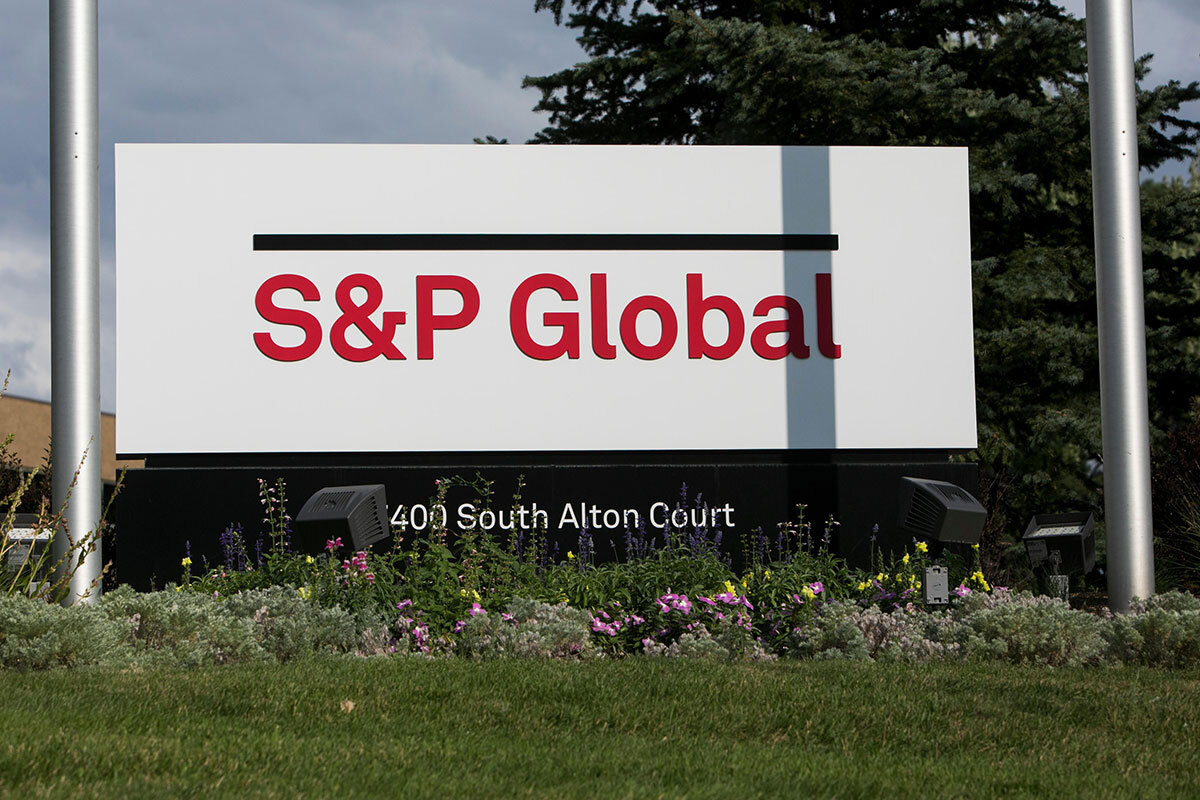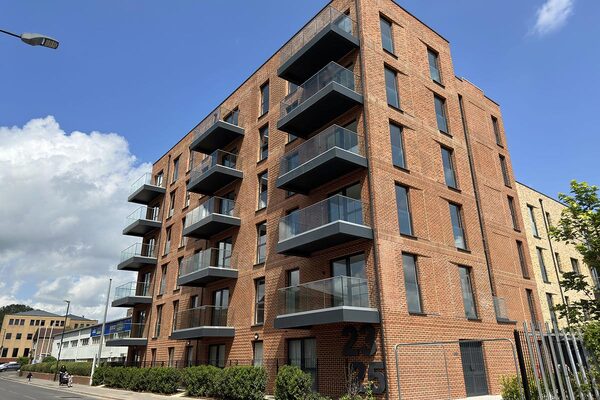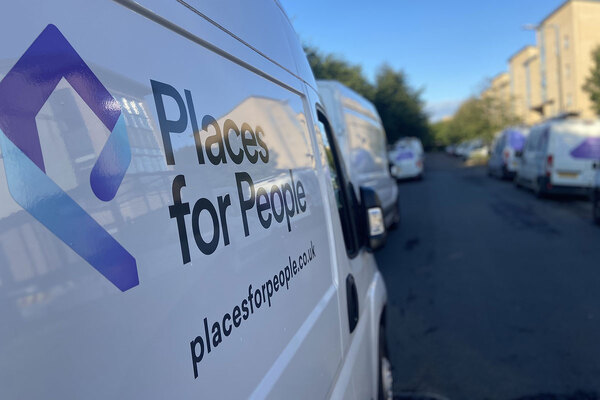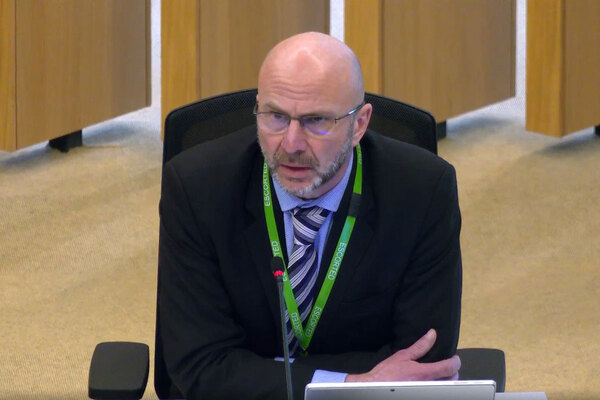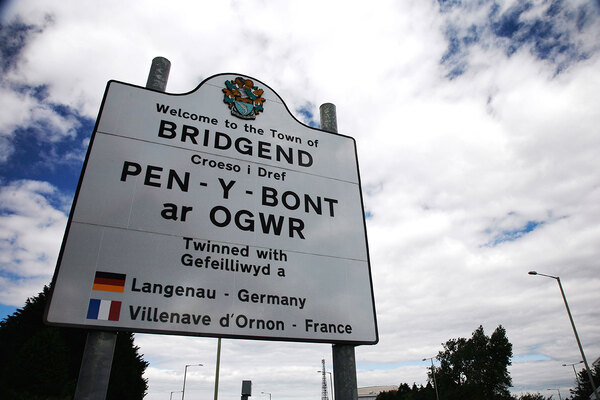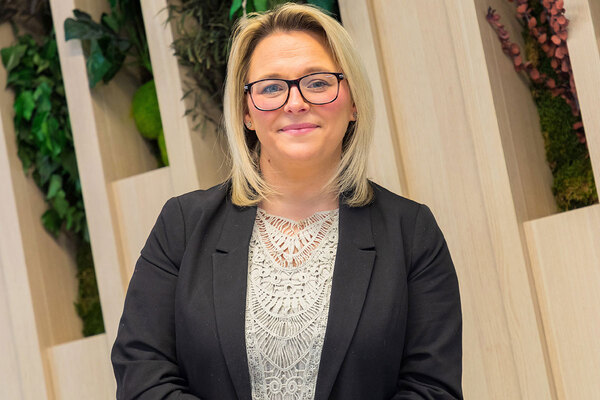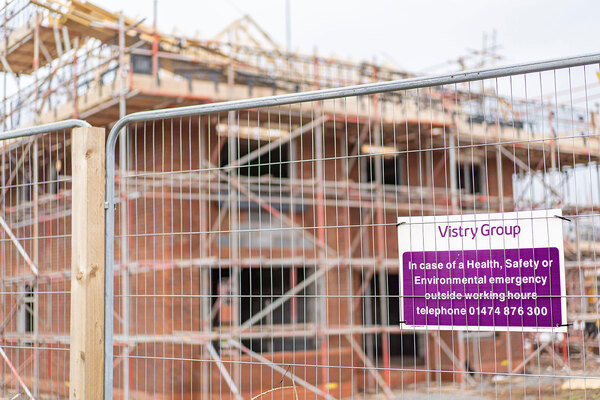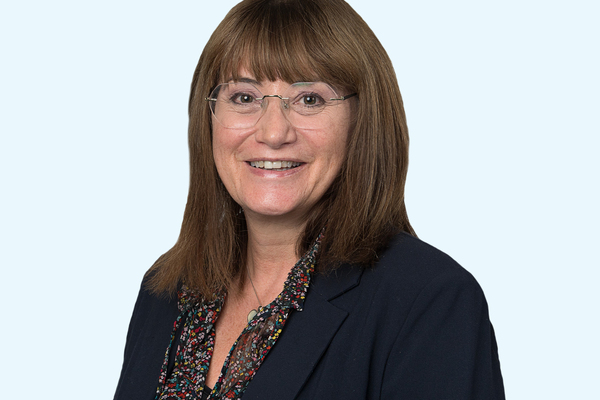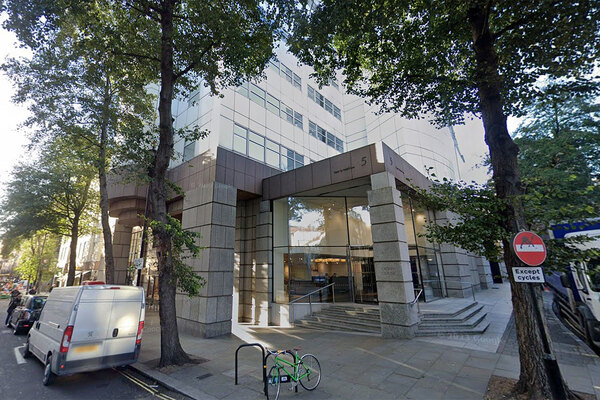You are viewing 1 of your 1 free articles
French and German social landlords outperform UK financially, S&P says
Social landlords in France and Germany are financially outperforming UK providers thanks to an ability to increase rents to pay for repairs and maintenance, according to S&P Global.
In its latest non-US social housing sector outlook, the rating agency found “material” differences between regions, with social housing providers (SHPs) in the UK and Sweden performing at “relatively modest” levels as repairs and maintenance spending continues to affect their financial metrics.
By contrast, providers in France and Germany can increase rents to pay for “eligible refurbishment costs”, which means these investments are not classed as operating costs and have no effect on a provider’s earnings before interest, tax, depreciation and amortisation (EBITDA) figure.
The report covers providers in the UK, France, Germany and Sweden, as well as one social housing provider each in Canada, New Zealand and the Netherlands.
In the UK, S&P expects modest improvements in financial performance, supported by an inflation-linked, multi-year rent settlement, but forecasts that repairs and maintenance spending would “remain elevated”.
“We project that repair and maintenance spend will prevent financial performance from reaching pre-pandemic levels,” it said.
The rating agency also expects debt growth in the UK to be “slow”, reaching 2.5% on average over the next three years.
The report found that investments in existing stock throughout the non-US countries assessed by S&P will slow down the development of new homes in most regions, as well as “hinder a more pronounced improvement of SHPs’ financial performance”.
“This will lead to reduced debt funding of capital expenditure over the next three years,” it said.
S&P expects cost inflation to ease and financial indicators across non-US social housing providers overall will “stabilise and gradually strengthen in 2025”.
“The number of negative outlooks has steadily reduced, while the number of positive outlooks has reached its highest level in a decade,” it said.
The proportion of stable outlooks has also increased from 60% in 2022 to 75%.
S&P said it had a negative outlook on 15% of its ratings, down from 35% in 2022, but said these were largely on UK providers “whose investments in existing homes weigh on credit quality”.
Karin Erlander, director of international public finance at S&P Global Ratings, said: “We project lower, albeit still high, interest rates, which – in combination with a contained debt increase – should support a modest strengthening of interest coverage ratios.
“Investments in existing homes will moderate but continue to hinder a more pronounced improvement of SHPs’ financial performance.”
Examples of recent downgrades by S&P of landlords that are investing heavily in existing stock include Futures Housing Group from A+ to A last October and Stonewater in November, whose long-term issuer credit rating was revised to A- from A.
Sign up for our development and finance newsletter
Already have an account? Click here to manage your newsletters
